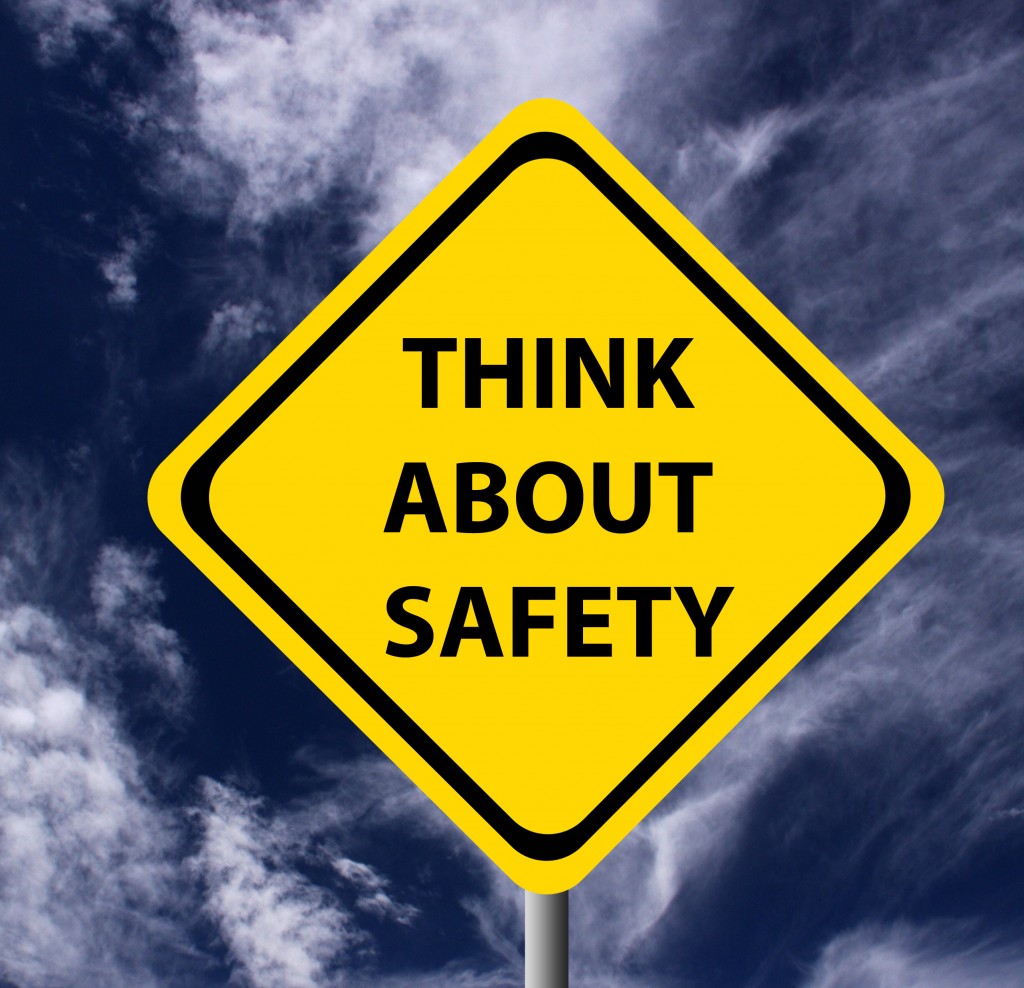One of the major changes introduced by the concept of an aviation management system shared ownership and shared responsibility, is the need to ensure a role relevant level of training to support the responsibility for managing identified risks.
Many organisations, unfortunately do not give enough support or training to the persons who need to identify the exposure to hazards which we face within the organisation. This disconnect means that often the organisation is not able to truly understand or place a “value” on a particular exposure. The downside is we do not appreciate the real risk (consider the worst case scenario involving a loss of aircraft and passengers) how many precursor’s possibly connected with culture or behaviour exist prior to the even – but were not acted on!
It is essential that any person within our organisation who is required to be a participant in managing risks shall receive sufficient training to ensure that the tasks they perform, the investigations in which they participate the conclusions they reach, and the mitigations the propose are balanced accurate, relevant to the exposure and where ever possible supported by evidence driven by strong data.
Training should not be considered a “one off” process but rather a step by step development process where we continue to build on the skills we develop and to share them with others in the team in the most practical and effective way.
It is also essential that the investigators we call on to support the analysis have appropriate backgrounds and experience from which they may draw in order to develop appropriate conclusions whilst avoiding any bias. Typical backgrounds may include air traffic controllers (ATC) pilots, aircraft engineers and human factors (HF) specialists. We should understand that regardless of background the necessary skills, knowledge, experience and methodology which an investigator needs to bring to the task are essentially the same, regardless of the person’s background.
It takes time for anyone who is required to perform risk assessment and analysis to develop the necessary skills to support this analysis and the associated report writing skills. To clearly and lucidly identify the relevant factors and to propose mitigations which will propose changes in process procedure or behaviour to minimise or remove the perceived exposure.
Equally important are the soft skills which are essential to manage the risk assessment process in the best possible way, including communication skills together with the ability to either manager a team or to work within a team as a full contributor to that team.
Sofema Aviation Services offers SMS Practical Investigation Skills Training. The next course is being delivered in Tallinn Estonia please see the following:
For further details please visit www.sassofia.com or email office@sassofia.com





